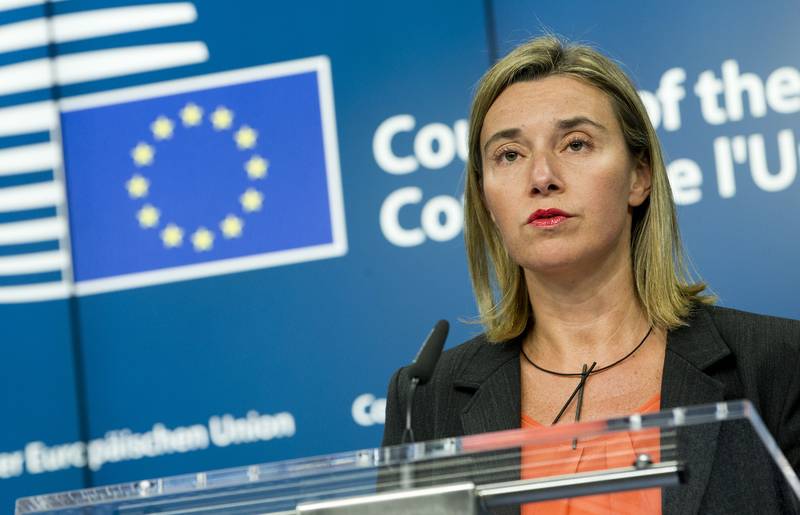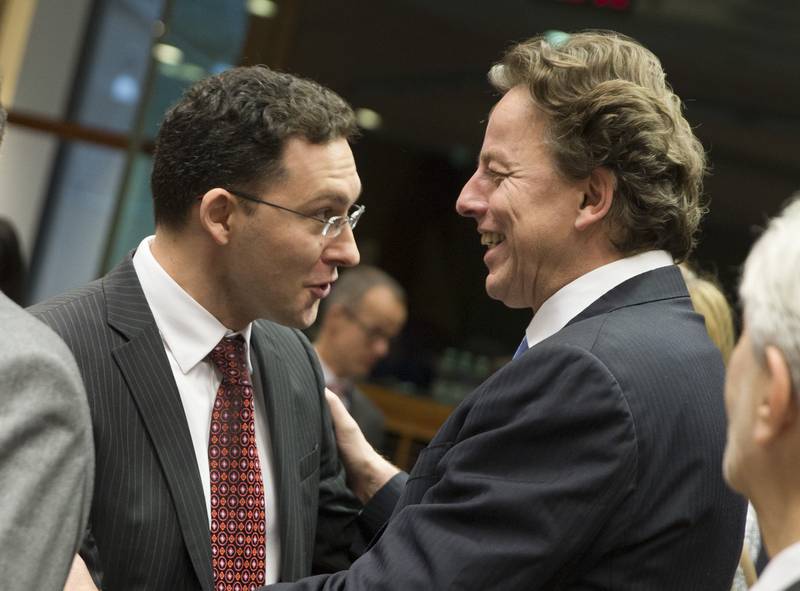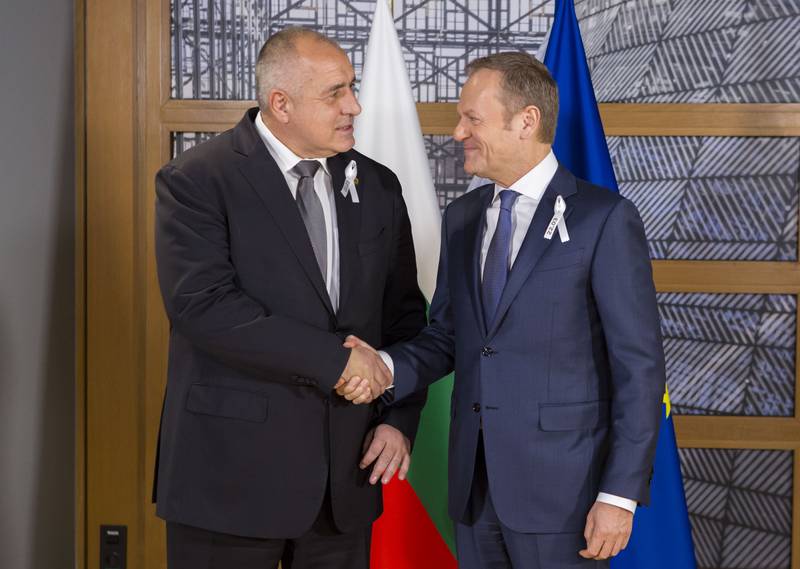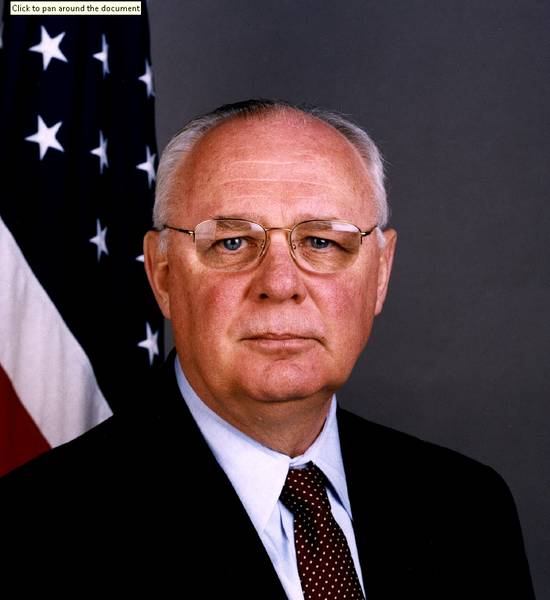EU-Russia - Format C:
Adelina Marini, January 22, 2015
 Completely in the spirit of the strategically defining remark by the new president of the European Council Donald Tusk that Russia has turned from a strategic partner into a strategic problem, the EU is growing confidently aware of the realities and is moving toward undertaking concrete measures. In March, this will be one of the main topics on the agenda of the spring EU summit. The goal is to develop a comprehensive EU strategy on Russia. The issue was touched upon during the December European Council briefly enough to make it clear that the member states have a different perception of Russia. To some Russia is a strategic problem, like Bulgaria for instance, to others it continues to be a crucial business partner, like France, Italy, Hungary, to some extent Germany, and to a third group it is a serious threat like the Baltic republics, Poland, some Scandinavian countries.
Completely in the spirit of the strategically defining remark by the new president of the European Council Donald Tusk that Russia has turned from a strategic partner into a strategic problem, the EU is growing confidently aware of the realities and is moving toward undertaking concrete measures. In March, this will be one of the main topics on the agenda of the spring EU summit. The goal is to develop a comprehensive EU strategy on Russia. The issue was touched upon during the December European Council briefly enough to make it clear that the member states have a different perception of Russia. To some Russia is a strategic problem, like Bulgaria for instance, to others it continues to be a crucial business partner, like France, Italy, Hungary, to some extent Germany, and to a third group it is a serious threat like the Baltic republics, Poland, some Scandinavian countries.
By the end of last year, the EU worked on a document which introduced additional division in the Union because it called for separation of the sanctions against Russia into two - for the Crimea and for Eastern Ukraine. This immediately created a feeling that the EU is trying to swallow the annexation of the peninsula which was firmly denied by all foreign ministers who spoke publicly during their meeting in Brussels on 19 January. It was denied also by Federica Mogherini, the EU high representative for foreign and security policy, who underscored that there is no change of the Union's views. In her words, the main issue of the Foreign Affairs Council was not what to change but what to add in the debate about Russia.
An agreement was reached to add more diplomatic efforts in any format to find a solution to the Ukraine crisis. Second, a dialogue will be sought on global and regional issues, including Syria, the talks with Iran, the Middle East peace process, Afghanistan, Libya, etc. A dialogue will also be sought on huge global challenges like climate change and the fight against terrorism. According Bulgaria's Foreign Minister Daniel Mitov, EU is fully aware that it needs to format and redefine entirely its view on how to continue the dialogue with Russia. He added that the future strategy on Russia will not circle only around the situation in the Ukraine because the relations with Russia have a long history of conflict, including the frozen conflicts in the post-Soviet space and elsewhere. He was explicit that the EU remains united and even said that this was one of the strongest messages of each of the ministers. "Unity and a clear backing for the EU values as a community and of the Transatlantic community. There is no other path", the Bulgarian minister concluded in the end of the meeting.
As a very important element of the relations with Russia is emerging, finally, the search of adequate measures against the Russian propaganda. Federica Mogherini said that an agreement was reached in the Council to develop a strategic communication with Russia. According to a euinside source, this strategic communication will actually be a global one, not aimed at Russia only, which became clear from Ms Mogherini's statement in the end of the meeting on Monday. Then she said that the EU realises the need of improving the communication with the Arabic-speaking populations both in the EU and across the world. "I think we need to improve our capacity to speak Arabic, read Arabic, explain to the Arabic-speaking population our policies and also to listen to the messages that are coming from the Arab world. And I think this is a basic communication strategy that we need to implement from the very beginning".
"Littering of oceans is a big problem, understandable to all, but littering of minds is not less painful"
These words belong to Lithuania's Foreign Minister Linas Linkevičius, which he often utters. He did not make an exception on 19 January when he said that the idea for measures against the Russian propaganda was well accepted by his colleagues in the Council. That idea is actually a letter by four member states (Denmark, Estonia, Lithuania, UK), sent in the beginning of January to Ms Mogherini, the EU commissioner responsible for the neighbourhood policy, Johannes Hahn, to first Vice President Frans Timmermans and to Guenter Oettinger, the digital economy and society commissioner. The letter, which euinside has its hands on, gives specific guidelines how to fight the Russian propaganda and was discussed by the foreign ministers of the 28 member states last Monday.
It is pointed out in the text that Russia is rapidly increasing its disinformation and propaganda campaign "as an asymmetric response to Western economic power". The goal is to deliver false and misleading information via various means like state-controlled TV stations, Internet trolls, dubious third parties. The main purpose is to discredit the EU narrative, to erode support for legitimate governments in the region, to demoralise the local populations, to disorient the western policy-makers and to undermine the concept of free, independent and pluralistic media. Another goal is to convince the Russian public that Russia is a victim of a conspiracy organised by the West to destroy Russia. All this against the backdrop of the fact that in Russia free media are suppressed by the government, they are intimidated and pushed out of the public sphere and where foreign media are discriminated or forced to close down.
That is why, the letter offers a whole range of measures, among the most important of which is to redouble the European Commission efforts in this direction because, currently, the EU as an institution acts much below its weight in the debates in the region. It is mainly relied, "too heavily", on antiquated delivery channels such as one-off events or physical information centres. The message is often too technical and that is why it fails to connect emotionally with those it is addressed to. The letter calls for the creation of permanent platforms for exchange of information between the EU and NATO on strategic communication activities; to finance training programmes for various groups - media, politicians, public services, academia and schools; conduct opinion polls to analyse the strength of the public immunity against information manipulations, media habits, etc.
It is also proposed to pay more attention to the violations of broadcast rules and public information taking into account the criteria for unbiased reporting, transparency of interests, hate speech and propagation of violence or war. This can be achieved by a joint effort of the media regulators of the EU. They should gather together and consider how to improve the cooperation among themselves when it comes to such violations. The regulators of public communications are called upon to address the cases of manipulation, deception, hate speech and propagation of violence and war.
While discussing the letter of the four foreign ministers an idea has emerged to create a special Russian-language medium to counteract the Russian propaganda by providing unbiased information and to explain what the EU interests and actions are. It is still not clear if this will be a TV station or else and no specific decisions have been taken yet. However, such a move has already caused panic in Moscow. The Russian foreign minister sharply criticised the EU plans, calling them "an attack on the freedom of speech". Russia's deputy Foreign Minister Alexey Meshkov was quoted by ITAR-TASS saying that the EU is planning to create a counter-propaganda channel, which "hardly corresponds to the concept of the freedom of speech". Linas Linkevičius firmly denied this saying that the idea is not  counter-propaganda but a TV channel controlled by the member states. The aim is to deliver alternative sources of information.
counter-propaganda but a TV channel controlled by the member states. The aim is to deliver alternative sources of information.
A question on this project was asked by the RIA Novosti to the Bulgarian Foreign Minister Daniel Mitov. He said that no decision was taken but that the foreign ministers are very worried by the misinterpretation of the European policies and goals by certain media. "The European countries are deeply committed to freedom of speech, so no one is envisioning any type of propaganda. The only thing we have raised as a question is how to deliver the truth, how to deliver information in a free and impartial manner so that the Russian people can hear another point of view", Mr Mitov answered in English.
In November, euinside proposed a similar idea but aimed not only at Russia and the Russian-speaking populations within and beyond EU but also to the domestic populations of the member states because some of them are also subjected to direct or indirect propaganda. euinside's idea was inspired by the appearance of a Balkan CNN which works on the same principle as Al Jazeera Balkans. Russia, but also some countries in the Middle East, have long been engaged in distributing their point of view throughout the world in foreign languages. EU is significantly lagging behind in this global battle, although it has a channel funded by the EU budget - Euronews. The details around the new project are yet to be discussed but the Russian reactions show that this is the right path. It should not take too long because in today's world the battle is not only about information but about values as well.
It is also very important the EU to work on promoting its own values in the member states, especially in those where the media environment has deteriorated in the past years. The most visible examples are Hungary and Bulgaria. The Union is now completely aware how important the media environment is to conduct reforms by turning this into a major element in the accession negotiations with the Western Balkan countries. The problem with the lack of crucial points of view on important for the EU as a community issues is very serious, especially in the context of the euro area crisis. Often, the message of the EU about the measures undertaken, for instance, in Greece, reach the Greek voters distorted by the domestic political interests. This, too, erodes the support both for legitimate governments and for the EU as a whole.
 Boyko Borissov, Donald Tusk | © Council of the EU
Boyko Borissov, Donald Tusk | © Council of the EU Boris Johnson | © Council of the EU
Boris Johnson | © Council of the EU James W. Pardew | ©
James W. Pardew | ©